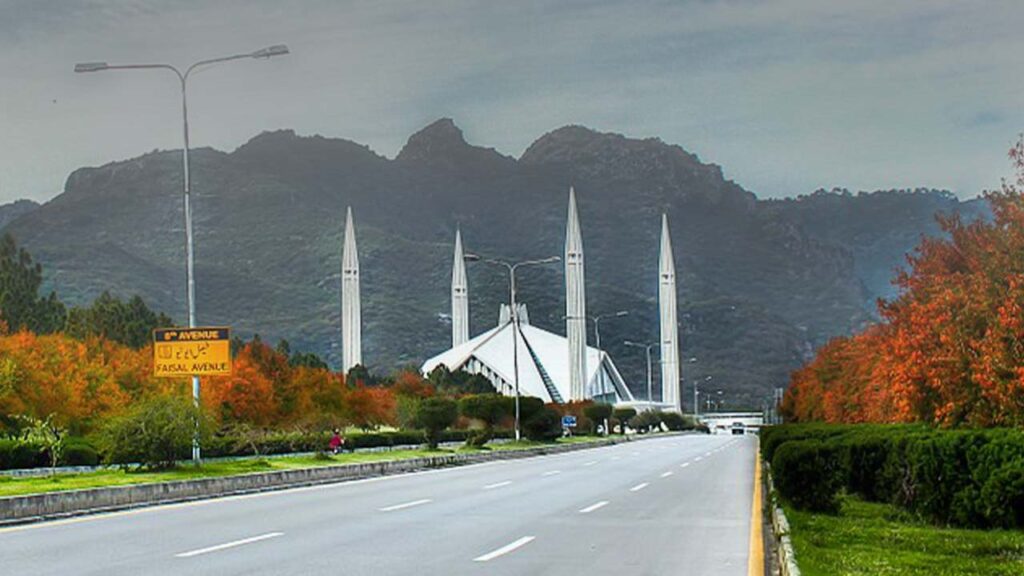- Web
- Today
Islamabad’s air quality declared unhealthy amidst rising pollution
-

- Web Desk
- Dec 12, 2023

ISLAMABAD: The Pakistan Environmental Protection Agency (Pak-EPA) has officially categorised the air quality in the federal capital as unhealthy.
This determination stems from an elevated concentration of air pollutants in the atmosphere, surpassing the permissible limits set by national environmental quality standards.
This condition is exacerbated by the dry and cloudy weather conditions prevailing in the twin cities of Rawalpindi and Islamabad.
According to the daily air quality report released by Pak-EPA on Tuesday, the levels of air pollutants exceeded the established limits, resulting in an overall unhealthy air quality.
The agency, mandated to safeguard the environment under the Pakistan Environmental Protection Act 1997, identified hazardous air pollutant particulate matter of 2.5 microns (PM2.5) as a major concern.
The average concentration of PM2.5, a hazardous atmospheric contaminant, was measured at 61.4 micrograms per cubic metre, surpassing the national environmental quality standards (NEQS) of 35 microgrammes per cubic metre and indicating unhealthy air quality.
PM2.5, attributed to the combustion of engines, industrial emissions, the burning of garbage or inflammable materials, and dust stirred by fast-moving cars on non-cemented roads, poses a significant threat to air quality.
Read more: Rawalpindi’s air quality worsens
While the levels of nitrogen dioxide and sulphur dioxide (NO2 and SO2) remained below NEQS, these pollutants, mainly produced during industrial emissions from factories utilising complex and extraordinary chemicals, were still present.
NO2 was recorded at 5.73 microgrammes per cubic metre, and SO2 at 14.96 microgrammes per cubic metre.
Officials from the EPA attributed the deteriorating air quality to increased vehicular emissions, identifying automobiles as a leading contributor.
However, the impact of industrial emissions has decreased due to the implementation of carbon-absorbing advanced technology in various steel manufacturing units.
The Air Quality Index (AQI) calculator of AirNow, when applied to PM2.5 concentrations, revealed an AQI of 154, classifying the air quality as unhealthy for sensitive groups.
Individuals with respiratory and heart diseases, the elderly, and children are at a higher risk of developing respiratory or health complications due to elevated levels of air pollutants in the atmosphere.
Experts advise individuals belonging to sensitive groups to avoid prolonged and heavy exertion outdoors to minimise health risks associated with the current air quality conditions.




